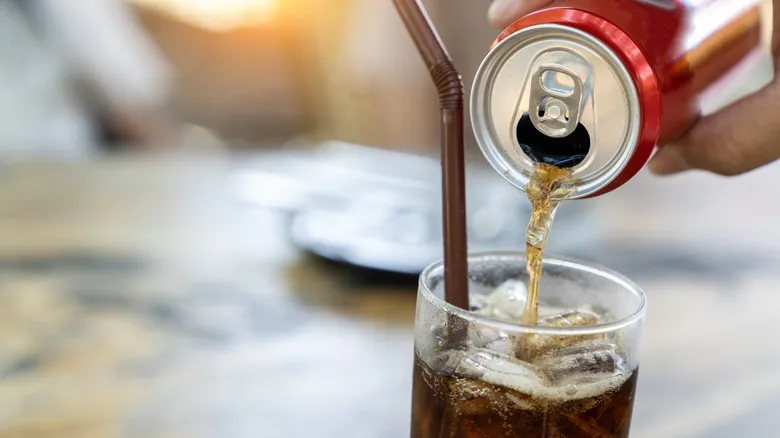The regions where pop reigns supreme
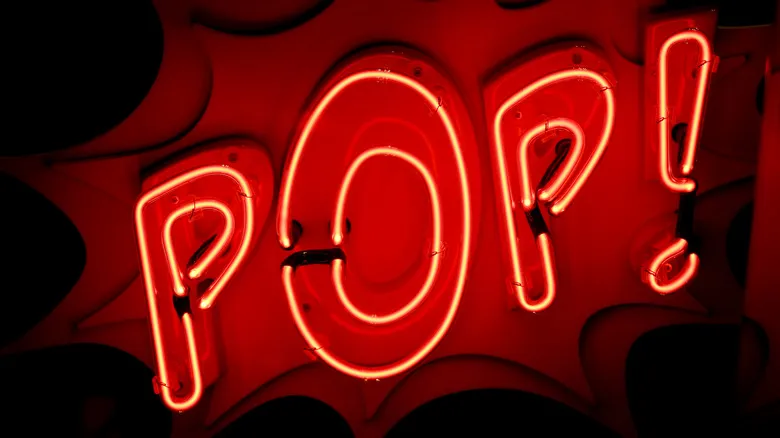
When examining a map that illustrates the various terms people use for soda throughout the United States, several patterns emerge. One notable trend is that, thanks to the creation of Coca-Cola in Atlanta, Georgia, many people in the Southern U.S. refer to all soft drinks as "coke." In contrast, the term "soda" is predominantly used in the Northeast, California, Arizona, the eastern part of Wisconsin, and around St. Louis. However, the majority of the Midwest and West still favor the term "pop."
The widespread use of "pop" in the Midwest and West is believed to have originated from the drink brand Faygo and its strawberry-flavored variant, Red Pop, which was first bottled in Detroit by brothers Perry and Ben Feigenson in the early 20th century. Due to its popularity in the Midwest, "pop" also gained traction in the Pacific Northwest, where the dialect was significantly influenced by migration from the upper Midwest.
Therefore, if you hail from a region where "soda" is the preferred term for soft drinks, don’t be surprised if you receive some puzzled looks when you request one in an area where "pop" reigns supreme. People can be quite protective of their local vernacular, and sometimes it’s best to adapt to the local customs when you’re in a new place.
Recommended
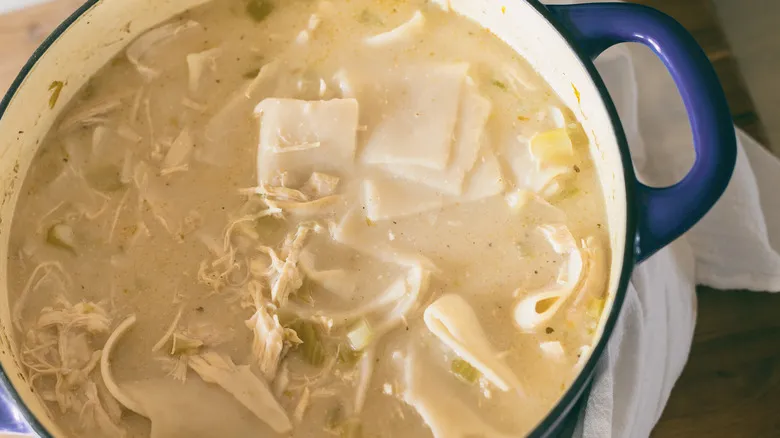
Delaware's Version Of Chicken And Dumplings Looks A Little Different
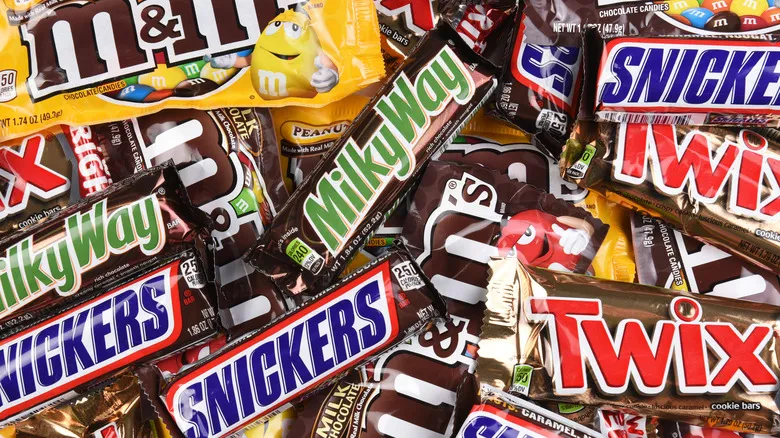
The Origins Of The Classic Milky Way Candy Bar
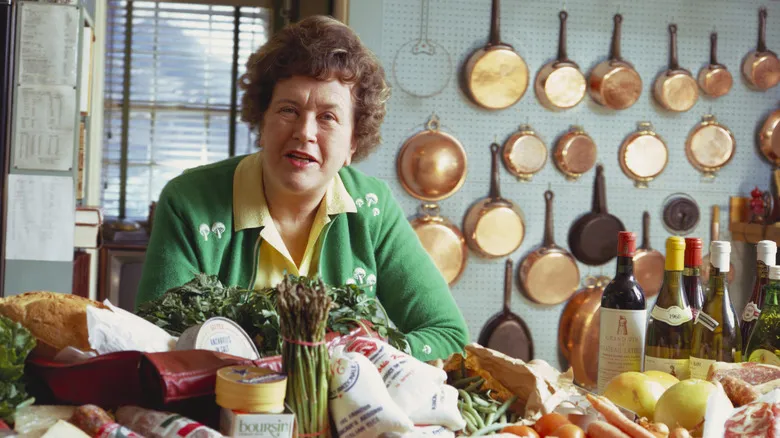
The Celebrity Chef Who Was Also A Spy For The Early CIA
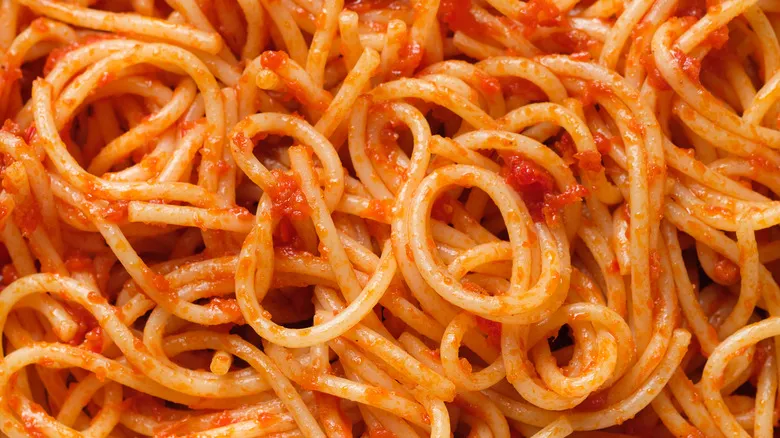
How Spaghetti Dinners Became A Tradition In Arkansas
Next up

